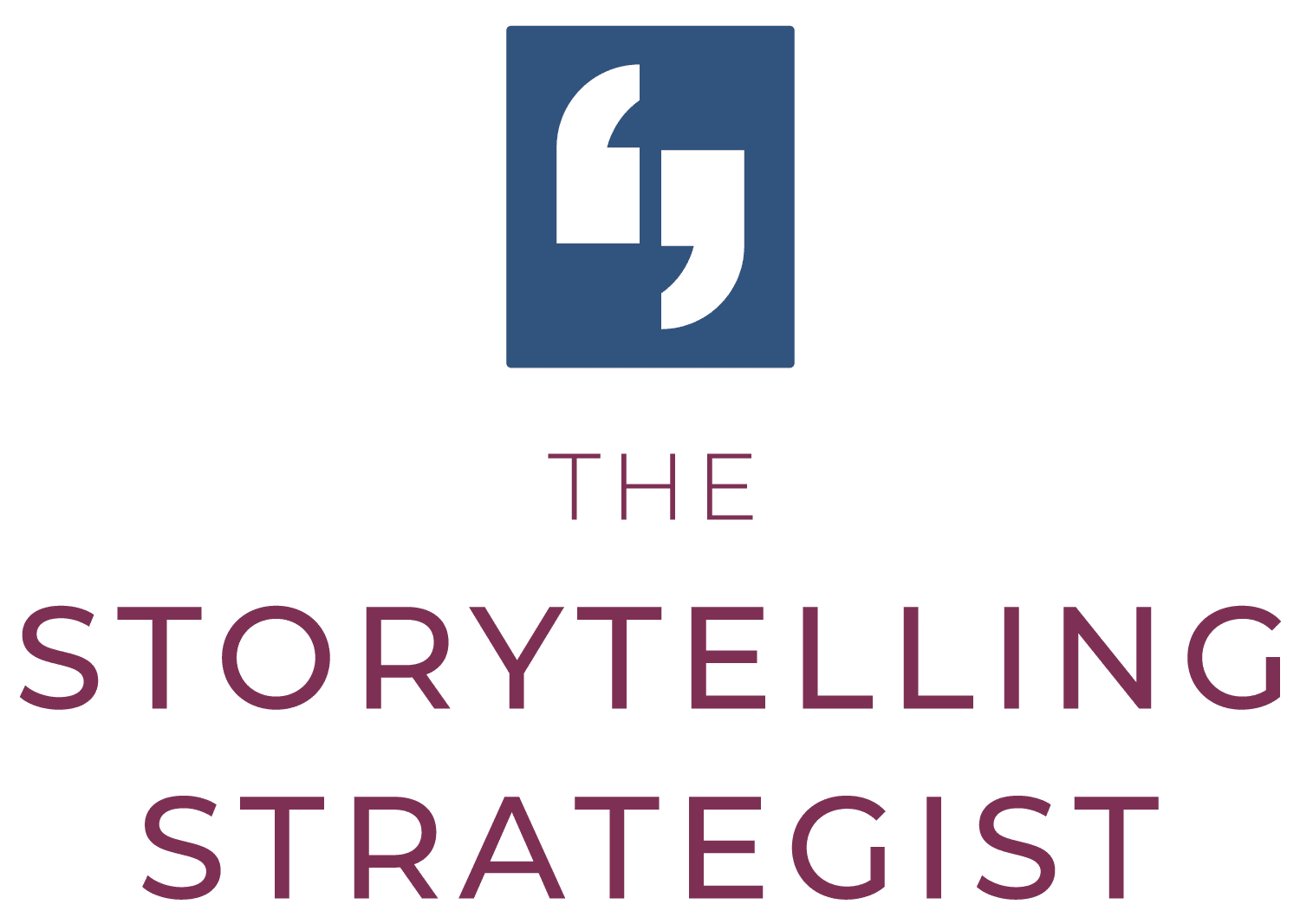
Feeling Like A Fraud?
We all have those moments of insecurity when we feel we’re not ready or capable.
We think others can see through our degree, our experience, our many talents, and determine that we’re simply fooling everyone and ourselves that we belong.
We’re out of our league! We’re about to be found out!
Some of us have those feelings much more frequently than we should.
In my work, I’ve noticed that the most talented women tend to suffer from those feelings of fraud more than others.
It’s like we’re all imposters running around pretending and hoping nobody will notice. We need a sprinkle of confidence and evidence of our natural superpowers.
Harvard Business Review describes imposter syndrome as a “collection of feelings of inadequacy that persist despite evident success.”

The internet is awash with information about how to “overcome” this seemingly ineffective state of being.
And yet, you don’t need to overcome imposter syndrome. You need to disrupt it.
So says Jen Coken, a comedienne, coach, speaker, and author with a background in both political strategy and ontology, the study of being. Since 1997 she has been helping people unlock what’s holding them back.

Jen Coken Says You Can Disrupt Imposter Syndrome
“Human beings are really great at sabotaging themselves,” Jen says. “Studies show that nearly 70% of people, not just women, report having some feelings of doubt. Usually, there’s a source for it.”
Jen’s work involves identifying that source so that you can make imposter syndrome your superpower instead of your stumbling block.
“If you don’t have imposter syndrome, you’re not playing a big enough game.”
So, that bad feeling is a… good thing?
“That feeling that you’re a fraud, you come by that honestly because that’s the brain’s job, to determine levels of threat. Most of the things that we consider as threats are simply the evolution of the brain trying to figure out, can I eat that or is it going to eat me?”
In our modern world, taking on that new project or pushing out of your comfort zone activates that threat state in the brain.
“The brain has 50-60,000 thoughts per day,” Jen explains. “80-85% are negative and 90-95% repetitive.” (Here she’s speaking the language of the Party in My Head I Didn’t Intend to Host).
“We’re constantly determining threat. So, if you’re someone who’s always going for the next big thing, that’s going to arise. If you don’t have imposter syndrome, you’re not playing a big enough game.”
The brain has 50,000 to 60,000 thoughts per day.
80-85% are negative.
90-95% are repetitive.
We’re constantly determining threat.
Even if you don’t feel like a fraud, there are other signs you may suffer from imposter syndrome, such as:
- Frequent procrastination
- Avoiding risk
- Being unable or unwilling to ask for help.
Jen says these are all signs of holding yourself back from what you want to achieve. I never thought of myself as someone who suffers from imposter syndrome, but boy do I have a tendency to procrastinate (check), I like to stay in my comfort zone (check check), and I sometimes struggle to ask others for help when I feel I should be doing it myself (triple check).
If you weren’t busy feeling like an imposter, how would you want to show up in the world?
So how does one overcome – er – disrupt this feeling of not being worthy despite all evidence to the contrary?
Jen has these tips:
Get to the source to identify what triggers it. Separate fact from fiction. Describe the situation like a scene in a movie or write the story. Afterward, circle just the facts. Your brain might see everything as a threat but dissecting fact from fiction is what gives you power!
Practice embodied meditation. Where do you hold the sensation of uncertainty in your body? Revisiting and naming that tension helps get to the original story because we remember the feeling and can learn to release it.
Seek out a coach. Getting to the source of imposter syndrome isn’t something easily done on your own, but Jen says it’s possible to stop sabotaging yourself (without ten years of expensive psychotherapy!) She works with individuals and runs workshops to help clients turn imposter syndrome into a superpower. Previous clients report uncovering things they’ve struggled with for decades without knowing why.
“We each have a choice to create rather than react,” says Jen. “If you weren’t busy feeling like an imposter, how would you want to show up in the world?”

If you do feel like a fraud, know that you’re in good company! Notable sufferers of imposter syndrome include Michelle Obama, Meryl Streep, Sheryl Sandberg, and Tom Hanks, among other creative, talented, high-achievers.
Oh, and yours truly. Yep, I wrote a book about getting out of your head and into your life, while at the same time struggling to get out of my own head. And then I took my own tips, stopped procrastinating, took some risks, and asked for help. And while I may still suffer from moments of self-doubt, I know that’s because I’m pushing out of my comfort zone.
If you plan on living a BIG life, you will always encounter small doubts. Don’t let them stop you from becoming who you want to be.
Find out more about Jen’s coaching and upcoming group workshops here: https://www.jencoken.com

